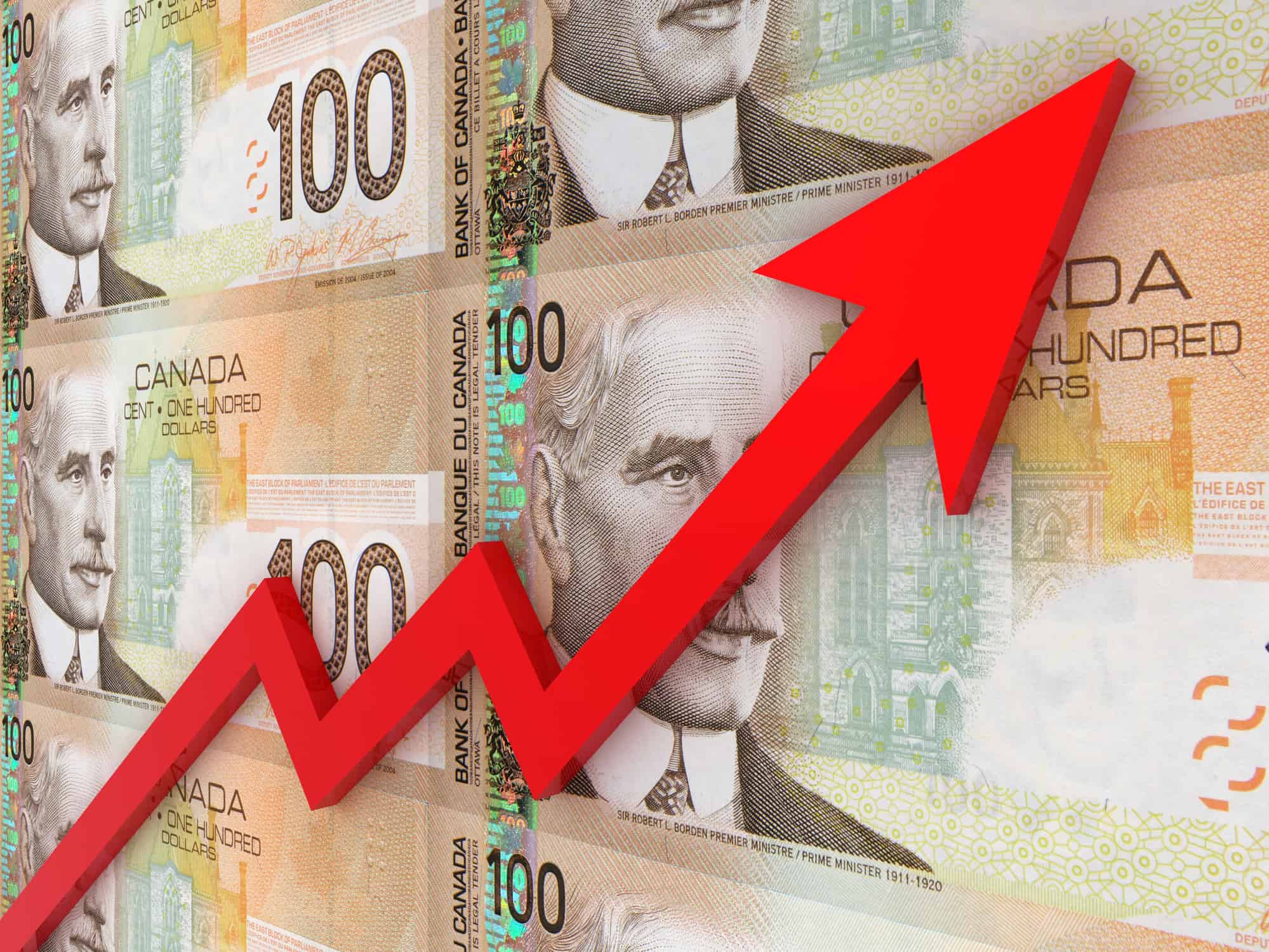Several investors are now eying the equity market to build a passive-income stream. Why? Because investing in dividend stocks is a low-cost strategy to kickstart a passive-income portfolio.
However, the journey to create a stable and recurring source of passive income can be daunting for most beginners. While several TSX stocks offer impressive yields to shareholders, you need to look beyond this number and analyze the company’s fundamentals, balance sheet strength, and the sustainability of its payout ratio.
Several TSX companies, including Algonquin Power & Utilities and Northwest Healthcare, were forced to suspend their dividends in the past year due to rising interest rates, lower profit margins, and high payout ratios. As dividend payouts are not guaranteed, it’s essential to create a diversified portfolio of blue-chip dividend stocks that generate cash flows across market cycles.
However, the majority of TSX dividend stocks have a quarterly payout ratio, which may not be desirable for those who want recurring income each month.
Keeping these factors in mind, here are two dividend-focused exchange-traded funds, or ETFs, that trade on the TSX, offering a monthly dividend payout. Generally, ETFs hold a basket of stocks, allowing you to gain exposure to several companies at a very low cost, which also lowers overall risk.
iShares Canadian Financial Monthly Income ETF
iShares Canadian Financial Monthly Income ETF (TSX:FIE) aims to provide a stable stream of monthly cash distributions to shareholders. Its portfolio primarily consists of companies part of the financial sector in Canada.
With $930 million in assets under management, the ETF holds 26 stocks in its portfolio and offers you a distribution yield of 7.3%, which is quite attractive to income-seeking investors.
The ETF has an expense ratio of 0.85% and a management fee of 0.65%, which is expensive. However, it provides shareholders with exposure to some of the largest Canadian companies, such as Manulife Financial, Royal Bank of Canada, Toronto-Dominion Bank, and National Bank of Canada.
The financial sector has trailed the broader markets in the past two years due to rising interest rates and a tepid lending environment. However, Canadian banks are quite conservative, allowing them to maintain dividends across economic cycles.
The pullback has also lowered the valuations of TSX bank stocks, enabling investors to buy the dip and benefit from outsized gains when market sentiment recovers.
A REIT-focused ETF
If you want to gain exposure to the real estate sector, investing in iShares S&P/TSX Capped REIT ETF (TSX:XRE) might be a good option. Real estate investment trusts, or REITs, own, operate, and acquire a portfolio of properties that are leased out to tenants. A significant portion of the rental income earned by REIT is distributed among shareholders.
As REITs majorly fund their acquisitions via debt, rising interest rates have depleted the profit margins of these companies in recent quarters.
The XRE ETF holds 16 REITs across verticals such as office, residential, retail, and industrial. With $988 billion in assets under management, it has a distribution yield of 4.84%. Its management fee and expense ratio stand at 0.55% and 0.61%, respectively.








